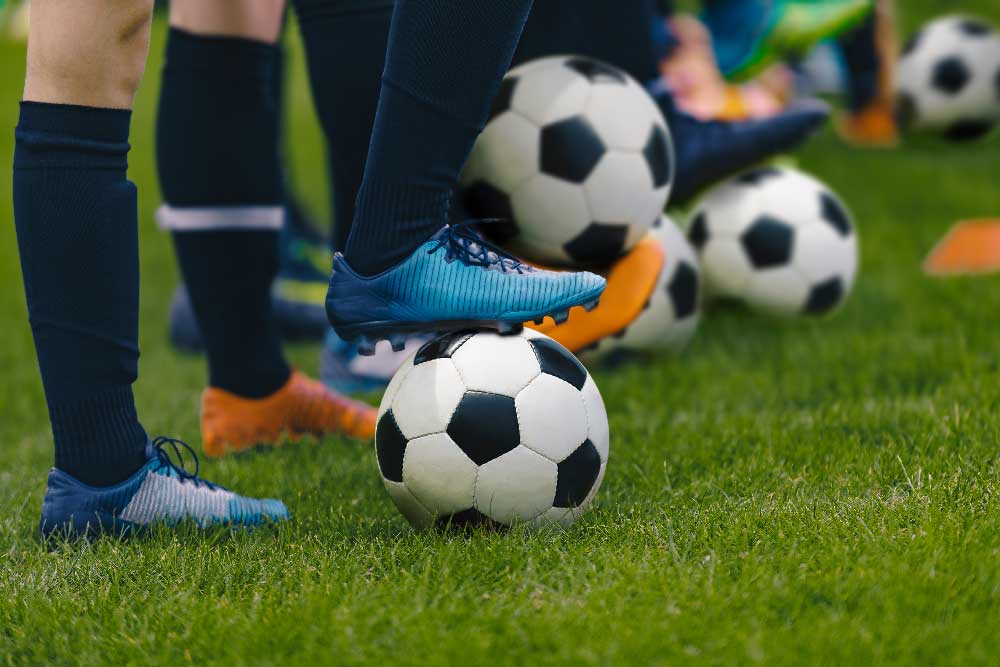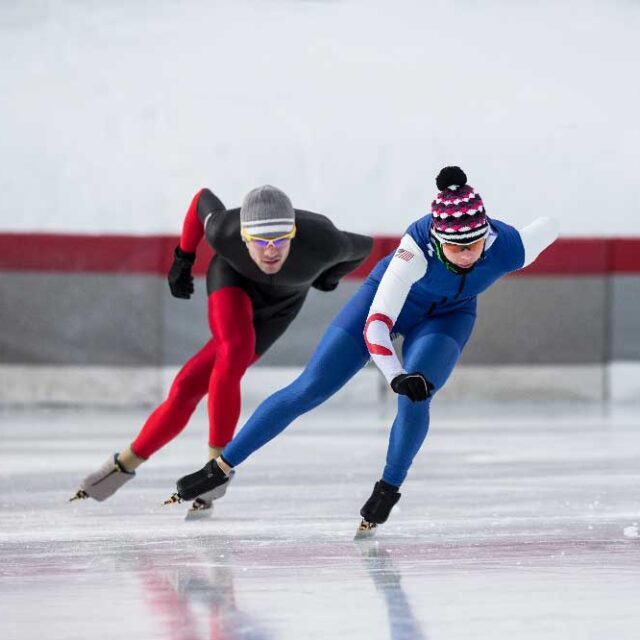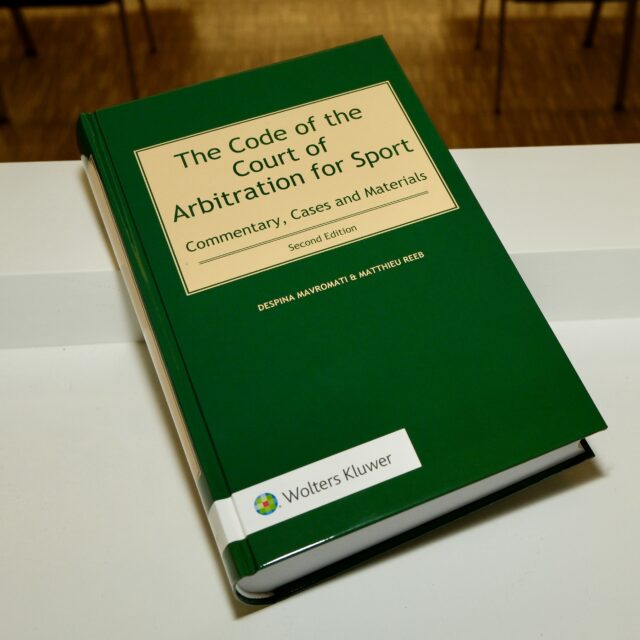FIFA v. WADA – Lack of a “personal” legal interest to appeal against a CAS Award
4A_560/2018, Judgment of November 16, 2018, FIFA v. X. & WADA
Legal interest of FIFA to appeal a CAS award to the Swiss Federal Tribunal in a disciplinary (doping-related) case
This case involves the well-known (at least to all football aficionados) Peruvian football Player Paolo Guerrero who was sanctioned for an anti-doping rule violation of 14 months by the CAS, under the rather unusual circumstances of consuming tea with coca leaves. The CAS award was rendered in appeal against a decision of the FIFA Appeals Committee that initially suspended the Player for six months (see also CAS 2018/A/5571).
Apart from the appeal to the Swiss Federal Tribunal filed by the Player (4A_318/2018), FIFA filed a separate appeal invoking mainly the arbitrariness of the CAS award but also a violation of public policy and of the parties’ right to be heard (the appeal in 4A_318/A/2018 was dismissed as unfounded on March 4, 2019).
In a very short judgment which dismissed FIFA’s appeal as inadmissible, the Federal Tribunal repeated the essential condition of legal interest for the admissibility of an appeal under Articles 76 and 77 of the LTF. Accordingly, anyone who has taken part in the proceedings before the previous instance or has been deprived of the opportunity to do so is entitled to appeal in civil matters, provided that he or she is particularly affected by the contested decision and has an interest worthy of protection for its annulment or amendment. It is for the appellant to demonstrate such interest (at 2.1).
The interest “worthy of protection” also needs to be “personal” (Art. 76 (1) b LTF)
The Federal Tribunal analyzed in particular the notion of an interest “worthy of protection” that needs to be “personal” (Art. 76 para. 1 let b LTF). Accordingly, it is in principle not allowed to take legal action by pleading for someone else’s interest.
The Federal Tribunal also distinguished between Article 75 para. 3 (1) of the FIFA Anti-Doping Rules, which gives the right to FIFA to appeal to the CAS for international-level athletes, and the legal standing of FIFA to file a motion to set aside a CAS award under Article 76 LTF. It found that the grievances brought forward by FIFA were not sufficient to justify a “personal” legal interest.

The role of FIFA in the CAS Proceedings: A Court of First Instance?
Interestingly, the Federal Tribunal clarified the role of FIFA in the CAS proceedings, which is a role similar to a court of first instance whose judgment is subject to an appeal.
In this respect, such court of first instance could not validly file a motion to set aside the appeal decision on the sole ground that the appeal instance modified the operative part of its judgment! In other words, it questioned the legal interest of FIFA (and other federations whose judicial instances act in a similar capacity) and indirectly stressed the need for those federations to be (and stay) independent in case of an appeal to the CAS, since they do not have a valid legal interest at stake.
“Questions de principe” and Article 76 (1) b LTF
Finally, the Federal Tribunal held that FIFA’s “wish” to obtain an answer to legal questions, as fundamental as FIFA considers they might be, cannot confer legal standing to an entity that lacked a personal legal interest in filing such appeal under the meaning of the Art. 76 para. 1 let. b LTF.








